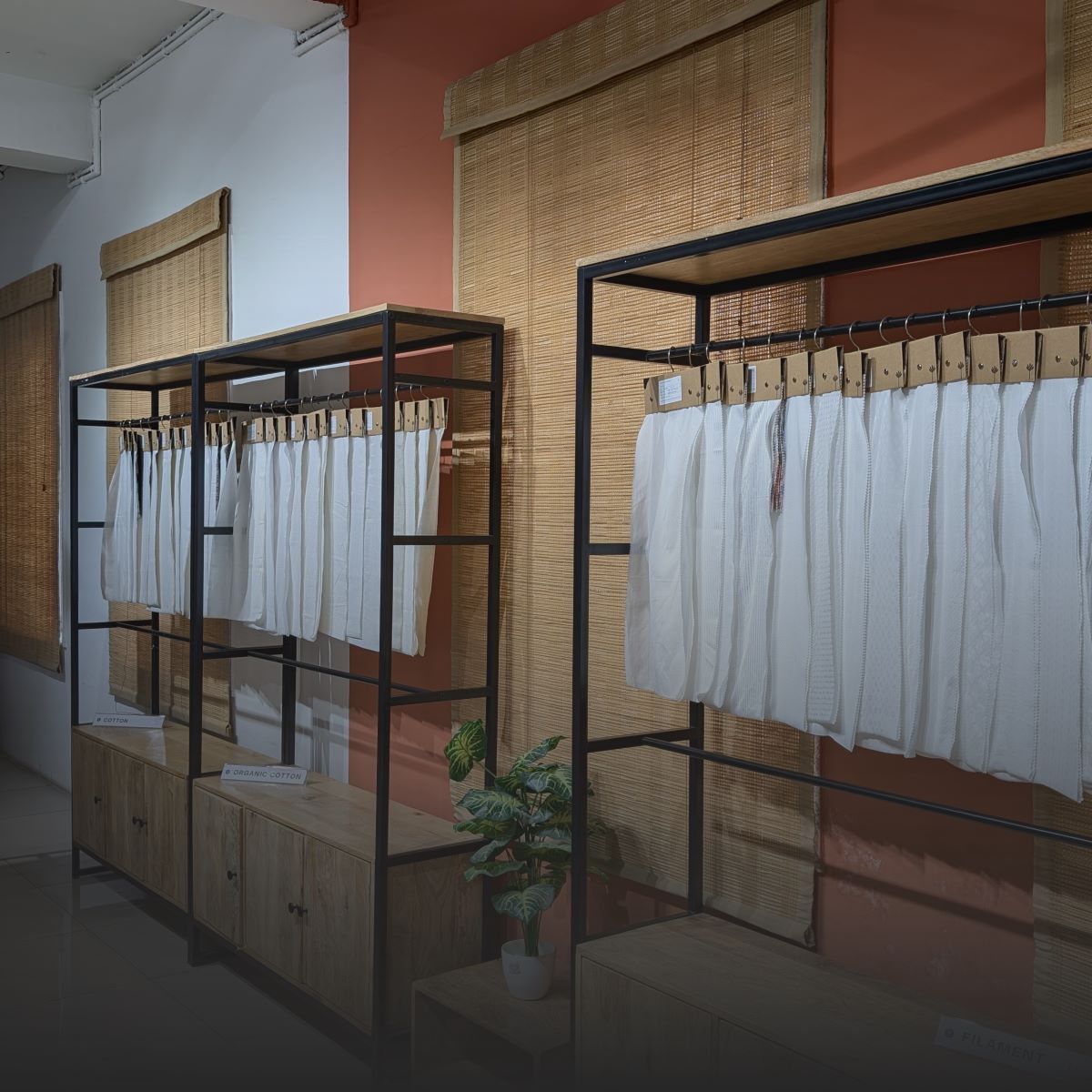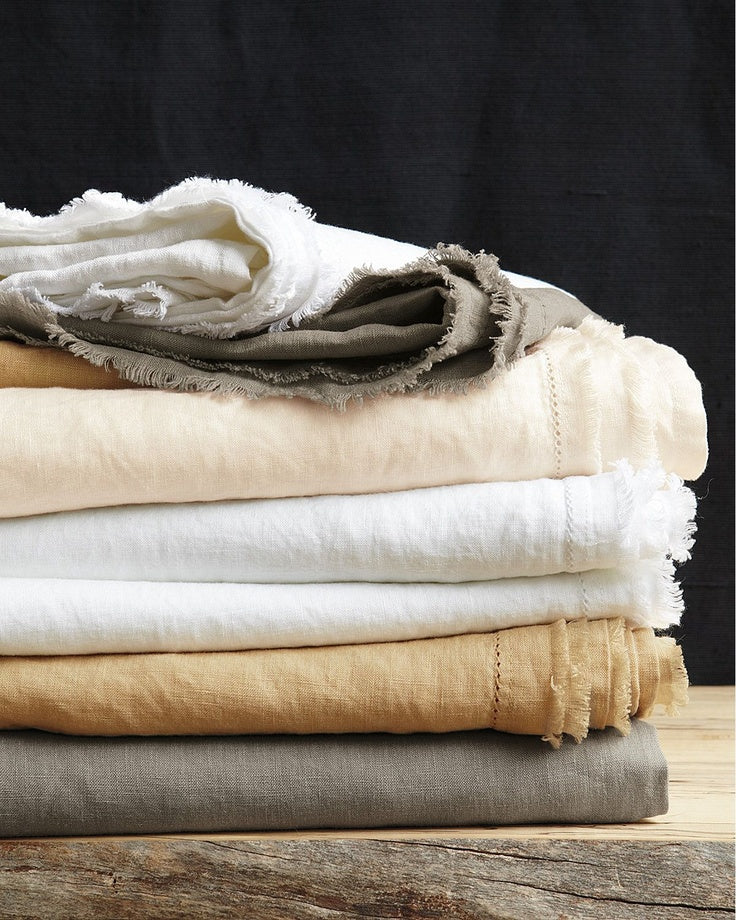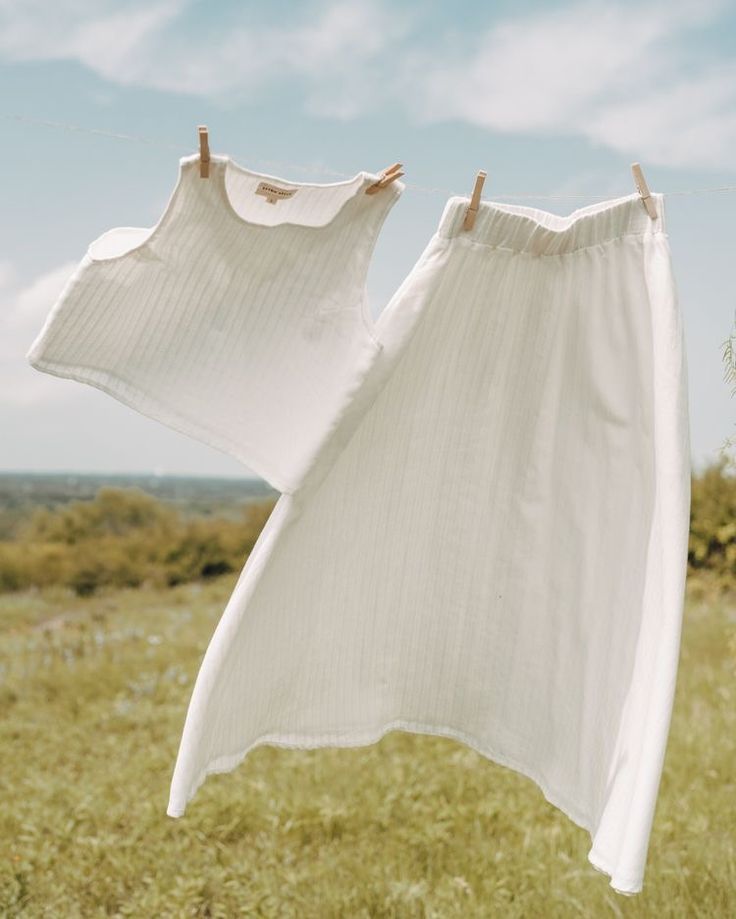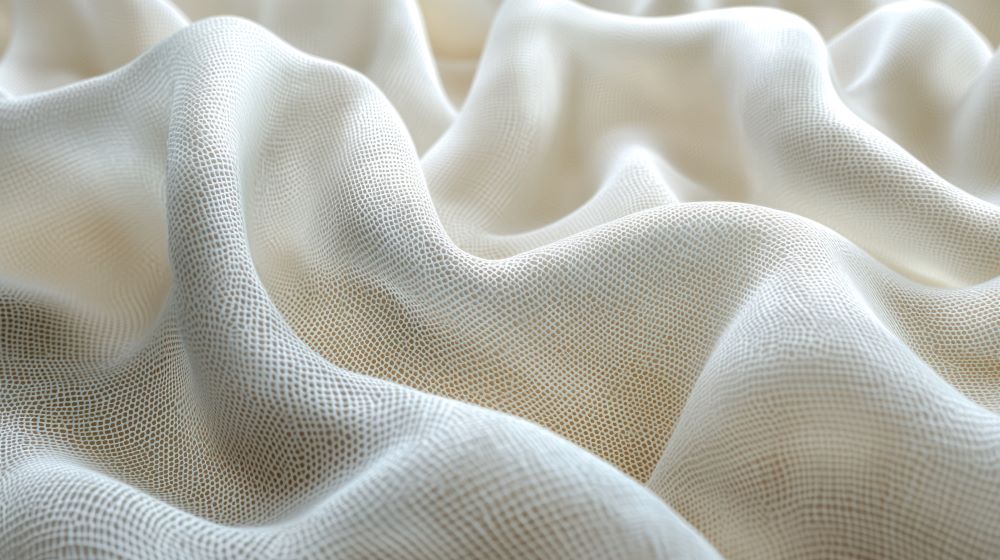Human beings by their innate nature don’t think much about anyone other than them. However, with every passing day, we must think more about our environment to preserve it for future generations. Although a culmination of different factors degrade the environment, as we know it; however, the fashion industry is one of the largest contributors to environmental degradation.
Fuelled by rapid production cycles, cheap manufacturing practices and fabrics with increased amounts of plastic in them or synthetic fibres used for different garments, the fashion ecosystem is now subject to excessive resource consumption, pollution, and exploitation of workers in developing countries like India.
But, many sustainable fabric options can enable fashion brands to incline towards sustainability. As per the Organic Trade Association, the production of organic cotton uses about 71% less water and 62% less energy as compared to traditional cotton.
What is Organic Cotton?
Organic cotton fabric is a variety of cotton grown using methods and materials with a low impact on the environment. Unlike conventional cotton that’s grown using heavy use of synthetic pesticides, fertilizers, and genetically modified organisms (GMOs). On the other hand, organic cotton farming focuses on soil health, preserving biodiversity, and the absence of harmful chemicals. Wondering why organic cotton is so important in the context of sustainable fashion? Here you go!
The Environmental Perks of Using Organic Cotton
There are many benefits of using organic cotton over traditional options. These are listed as follows:
- Less Water Usage
Water scarcity is a grave global issue, and the fashion industry consumes gallons of water because natural fibres are made from plants and plants need water to grow. While conventional cotton farming is incredibly water-intensive, organic cotton is environment-friendly. Did you know it requires approximately 20,000 litres of water to produce just 1 kilogram of cotton, on the contrary, organic cotton farming uses up to 91% less water.
- Elimination of Harmful Chemicals
One of the most vital aspects of organic cotton farming is the elimination of synthetic pesticides and fertilizers. Traditional cotton is also referred to as the “dirtiest crop” because it involves heavy use of chemicals, which doesn’t just harm the environment, it is also a serious health risk to farmers and surrounding communities. However, organic cotton farming relies on natural alternatives, such as composting and crop rotation, which can aid in maintaining soil fertility and control pests.
- Soil Health and Biodiversity
In addition, organic cotton farming practices also prioritize soil health, which is essential for sustainable agriculture. By avoiding chemical inputs and using organic fertilizers, farmers can improve soil structure, increase nutrient content and promote biodiversity. How can this help? Well, healthy soil means a nutrient medium better equipped to retain water. Thus, the soil where organic cotton is grown can resist erosion, and support diverse ecosystems.
- Lower Carbon Footprint
Growing organic cotton means growing a crop with a lower carbon footprint as compared to conventional cotton. Why? Organic cotton is cultivated without any synthetic fertilizers, which are energy-intensive to produce and release greenhouse gases when applied to fields. In addition, organic farming practices, such as crop rotation and cover cropping can help sequester carbon in the soil, hence reducing the overall environmental impact.
The Social and Ethical Implications
Sustainable fashion isn't just about the environment; it's also about people. The fashion industry has a notorious history of exploiting workers, particularly in developing countries where labour laws are lax. Organic cotton farming, however, often goes hand in hand with fair trade practices, ensuring that farmers receive fair wages and work in safe conditions. Thus, when you invest in organic cotton:
- You promote Fair Trade, which guarantees that farmers are paid a fair price for their crops, and this certification can ensure that workers are treated ethically, with access to safe working conditions, and the right to form unions.
- By supporting organic cotton, the fashion industry can empower small, family-run farms in developing countries. Thus, communities can get a sustainable source of income and live and breathe in a healthier environment, which doesn’t just improve their quality of life, but also empowers communities.
- The demand for organic cotton has led to increased transparency and traceability within the fashion supply chain. Consumers are increasingly interested in knowing where their clothes come from and how they are made. Organic cotton is often accompanied by certifications such as the Global Organic Textile Standard (GOTS), which guarantees that the entire production process meets stringent environmental and social criteria.




